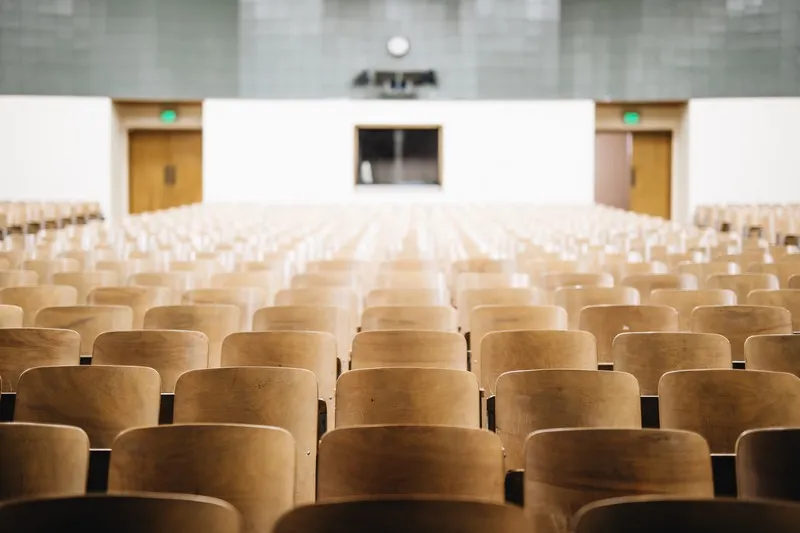Education is a fundamental tool for individual development and societal progress. Traditionally, the provision of education has been considered a public good, overseen and financed significantly by governments. However, over the last few decades, a substantial shift towards education privatization has taken root globally, spurred on by a range of factors including budget cuts, policy changes, and ideological shifts. Privatization in education entails a growing role for private entities in the delivery, funding, and governance of educational services. While this transition is argued to improve quality and efficiency, it presents profound effects on students, both positive and negative. In this article, we explore how the privatization of education impacts students, with a focus on accessibility, educational outcomes, and equity.
Accessibility to Quality Education
Education privatization champions often argue that the introduction of private players can lead to more schools and higher competition, which theoretically should improve the overall quality of education. With private schools frequently seen as offering superior facilities and learning environments, there appears to be an advantage for students who are able to access these institutions. These students often benefit from smaller class sizes, cutting-edge technology, and extra-curricular opportunities not commonly available in public schools
However, the flipside is that as education becomes increasingly commercialized, inequality in accessibility amplifies. Higher tuition fees can mean that only families of a certain economic status are able to afford the quality education provided by private entities, thereby excluding students from lower-income backgrounds. As a result, the gap between the haves and the have-nots widens, and social mobility is stifled.
Educational Outcomes and Personal Development
Private schools are often credited with fostering a culture of higher academic standards and better performance. They typically have more robust mechanisms for accountability in terms of student achievement, potentially leading to better educational outcomes. The pressure to maintain a reputable image drives these institutions to ensure that their students perform excellently in standardized examinations.
Nonetheless, there are concerns that an overemphasis on test scores and academic achievements in private education platforms can lead to a narrow learning experience. The nurturing of critical thinking, creativity, and personal development may take a backseat to rote learning and score-focused tuition. For students, this could mean a less holistic educational journey, leaving them less well-prepared for the complexities of real-world challenges outside academic environments.
Equity and Social Stratification
One of the most significant concerns about education privatization is its effect on social equity. Public education systems are designed to provide equal opportunities for all members of society, regardless of their socio-economic status. By this design, they play a vital role in fostering social cohesion and reducing disparities. On the contrary, a system with strong privatization is liable to reflect and exacerbate social stratifications.
Students from affluent backgrounds might enjoy the privileges of a private education, including advanced course offerings, experienced teachers, and network-building extracurricular activities. Simultaneously, those in lower socio-economic classes relying on underfunded public schools may miss out on these formative experiences, entrenching societal divisions. It’s imperative that policy makers strike a balance that prevents creating an educational landscape where one’s socio-economic status determines the quality of education one receives.
The Global Competitive Edge
It is worth noting the argument that privatised education systems can offer students a competitive edge in the global economy. Private schools may provide a curriculum that is internationally recognized, such as the International Baccalaureate (IB), and prepare students for global university admissions and careers. For students, this can yield valuable skills that align with the demands of an interconnected world.
Yet, this global advantage tends to be limited to a segment of the student population that can afford such an education, and for many, the globalized curriculum can be disconnected from local cultures and values. Consequently, the shift towards privatization in the context of globalization risks creating a parallel education system that does not always serve the broader needs of the nation or complement the local culture.
Conclusion:
The privatization of education is a complex phenomenon with nuanced impacts on students. Accessibility, educational outcomes, equity, and the promise of a global competitive edge are all significant factors to consider. While private schooling may offer advantages in terms of quality and resources, the broader societal implications suggest potential downsides in terms of equity and social cohesion. It is essential that policymakers, educators, and communities work collaboratively to ensure that the rise of private education does not come at the cost of fair access and equity. As society continues to debate and navigate the contours of educational provision, the end goal must remain to provide all students, regardless of background, with the best possible platform for success.





